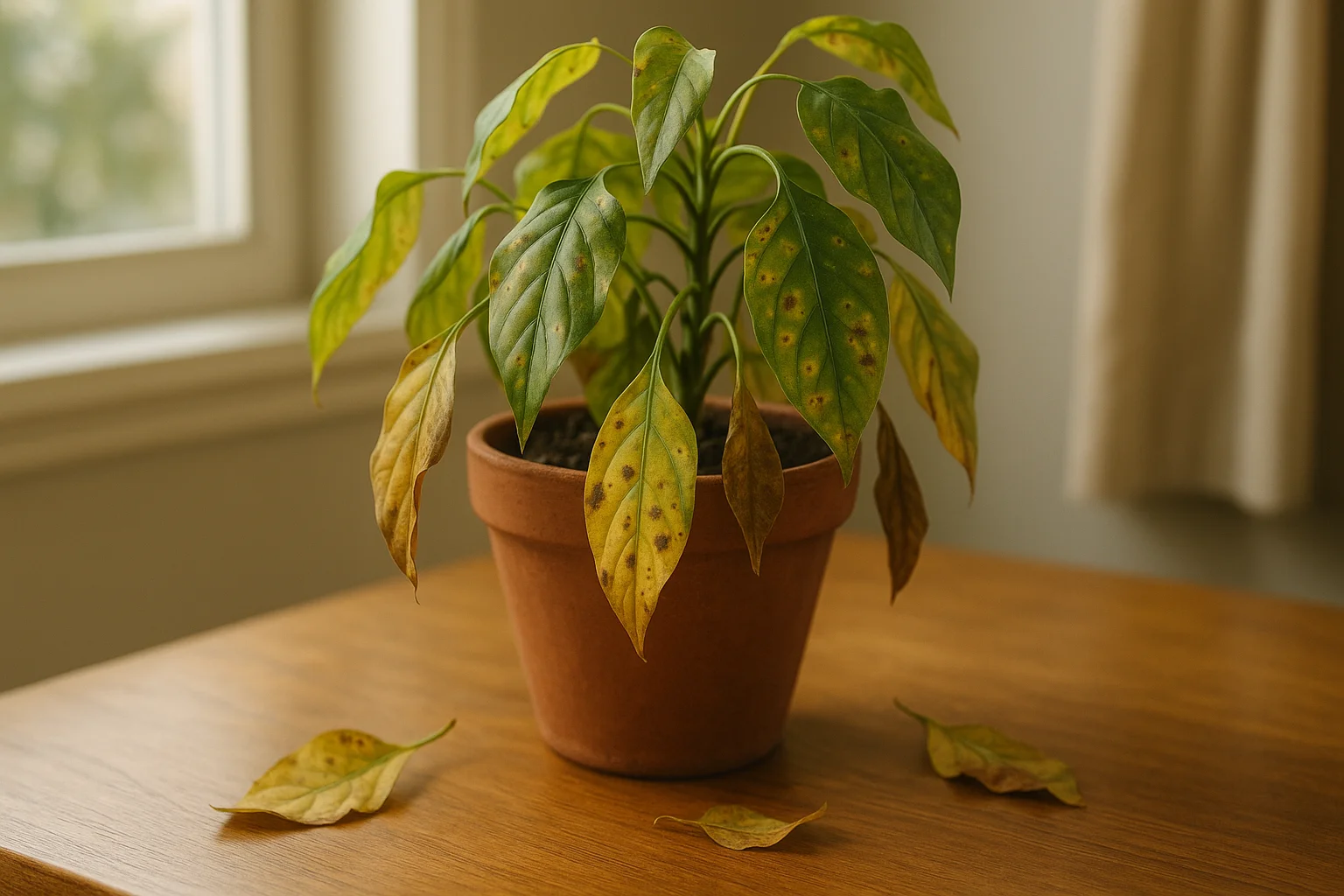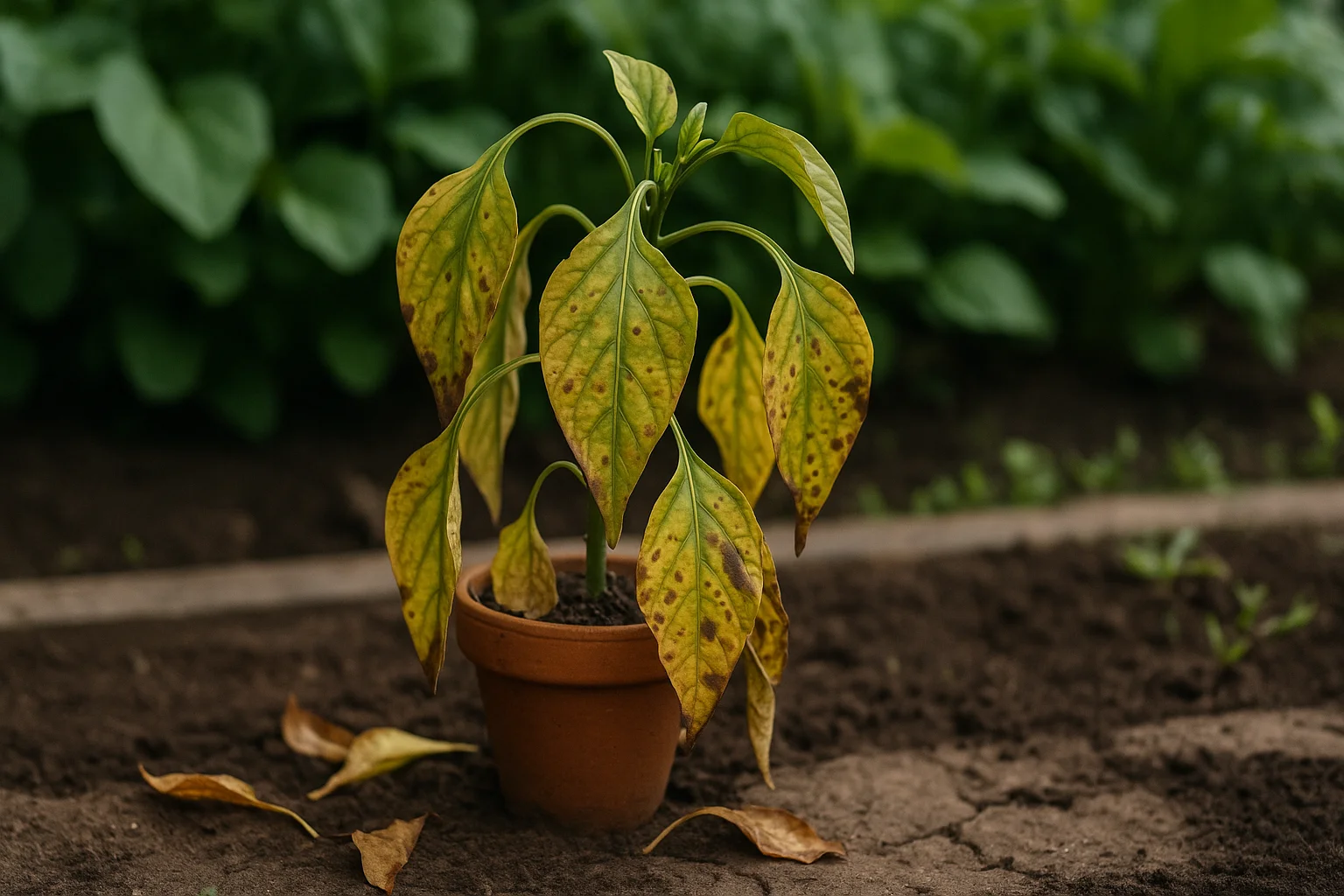In general, you can download and use at a basic level almost each plant diagnosis app free of charge. They typically let you:
Take a photo of a plant to identify its species.
Scan sick leaves to get possible disease or pest matches.
Access basic care tips and simple treatment suggestions.
The free versions usually cover these essentials, while premium upgrades add things like unlimited scans, expert consultations, advanced care reminders, or detailed treatment guides.
You can diagnose plants for free with many apps, but the depth of information often depends on whether you stick with the free tier or choose to pay for extras.
Top 10 Best Plant Disease Apps
App | Main Strength | Free Features | Best For |
AI Plant Finder | Large database (300,000+), 98% diagnosis accuracy, extra tools like light meter & water calculator | Free plant & disease scans, care tips | Houseplants, gardens, all-around use |
Plantix | Strong in crop disease & pest detection | Free scans for many crops & plants | Farmers, vegetable growers |
Pl@ntNet | Community-driven wild plant identification | Free unlimited plant ID | Outdoor plants, biodiversity tracking |
PictureThis | User-friendly, beginner focused | Free plant ID & limited health suggestions | Casual gardeners, beginners |
Agrio | Professional-level diagnostics & prevention | Free disease detection, basic advice | Farmers, serious gardeners |
Plant.id | Quick photo recognition | Free identifications (limited per day) | Fast checks, hobbyists |
Leaf Doctor | Visual disease severity measurement | Free disease scoring & comparison | Research, academic plant pathology |
GardenAnswers | Plant ID with pest/disease help | Free plant ID, basic Q&A | Home gardens, landscape plants |
Florish | Combines plant ID with care reminders | Free basic ID, watering reminders | Indoor plant owners |
Smart Plant Home | ID + gardening calendar & advice | Free identification & care notifications | Beginners building care routines |
1. AI Plant Finder
AI Plant Finder is widely regarded as the most complete plant diagnosis app for everyday use. Its library contains more than 300,000 plant species, covering common houseplants, ornamentals, vegetables, and trees. The app doesn’t just stop at naming a plant—it also evaluates visible symptoms such as spots, discoloration, or curling leaves. Results are backed by explanations of likely causes, ranging from fungal infections to nutrient stress.
Additional tools set it apart: a water calculator that adjusts for pot size and humidity, a light meter that measures lux levels using the phone’s camera, and a digital plant log for tracking health over time. Gardeners use it as both a quick scanner and a management system for larger collections. The free version covers core functions, making it accessible to casual users, while the premium option suits enthusiasts who want detailed monitoring.
2. Plantix
Plantix is one of the most widely used apps in agricultural communities. While many apps lean toward decorative or indoor plants, Plantix is geared toward crops and food production. Farmers rely on it to identify leaf diseases in corn, tomatoes, wheat, and dozens of other staple crops.
It scans for symptoms caused by fungi, pests, and nutrient shortages, then links these to recommended treatments. Unlike generalist apps, Plantix focuses on practical agricultural solutions, often suggesting region-appropriate strategies. Farmers also value its ability to track field conditions and log multiple plants at once. For smallholders and kitchen gardeners, it’s a bridge between modern technology and traditional cultivation.

3. Pl@ntNet
Pl@ntNet began as a research project and has grown into a community-driven plant identification tool. It specializes in wild plants, trees, and native species rather than houseplants. Users upload photos, which are then compared against a large image database maintained by researchers and volunteers.
Although its disease diagnosis capabilities are limited, it plays an important role in biodiversity studies and outdoor identification. Botanists, hikers, and students use Pl@ntNet to document local ecosystems, while gardeners benefit from learning what grows naturally in their region. Because it’s free and open-source, it remains one of the most widely downloaded plant apps worldwide.
4. PictureThis
PictureThis is known for its ease of use and polished design. Aimed primarily at beginners, it simplifies the process of identifying plants and detecting common issues. Users point their camera at a leaf or flower, and the app quickly generates an identification with basic care advice.
For health issues, PictureThis highlights visible problems such as yellowing, pests, or rot, and suggests straightforward remedies. Its database is broad, though the depth of disease diagnosis is not as strong as specialist apps. Still, for casual plant owners, PictureThis often provides the confidence needed to act quickly when a plant looks unwell.
5. Agrio
Agrio positions itself as a professional diagnostic assistant for both gardeners and farmers. What sets it apart is its preventive angle: it doesn’t just recognize existing problems but also predicts likely risks based on climate, region, and season.
Users receive tailored alerts about potential outbreaks of pests or fungal infections in their area. This makes it particularly valuable for those managing crops across larger plots. The app also allows monitoring of multiple plants, with detailed histories for each entry. Agrio bridges the gap between consumer apps and agricultural advisory platforms.
6. Plant.id
Plant.id is built for speed and simplicity. Its core strength is instant identification—snap a picture, and results appear within seconds. While not as feature-rich as AI Plant Finder or Agrio, it’s ideal for quick checks and casual use.
It supports both plant ID and health detection, though disease diagnosis is basic compared to specialized apps. The limited number of free scans per day encourages focused use. Gardeners who want an uncomplicated, fast tool for recognition often keep Plant.id alongside other apps.
7. Leaf Doctor
Leaf Doctor takes a scientific approach and is used frequently in academic and research contexts. Instead of only identifying a disease, it measures the severity of damage by analyzing the proportion of leaf tissue affected.
This makes it suitable for field trials, laboratory studies, and anyone interested in quantifying plant health. For example, a researcher testing fungicides can use Leaf Doctor to compare treatment effectiveness. It’s less of a household gardening tool and more of a specialist instrument, but it fills an important niche in plant pathology.
8. GardenAnswers
GardenAnswers is a hybrid app that combines identification, diagnostics, and expert consultation. Users can photograph a plant or symptom and receive both automatic results and the option to ask human experts for detailed feedback.
Its strength lies in accessibility: it offers everyday gardeners an easy entry point while also connecting them to specialists for more complex cases. The free version covers plant ID and common issues, while paid services expand into customized advice. Homeowners and landscapers use it to solve immediate problems in ornamental and landscape plants.
9. Florish
Florish blends diagnosis with structured care management. Once a plant is identified, users can add it to their collection and receive reminders for watering, fertilizing, and pruning. If problems arise, the app flags visible symptoms and suggests treatments.
Its design is focused on indoor plant owners who prefer visual reminders and scheduling tools. While the disease recognition is less advanced than in AI Plant Finder or Plantix, the value lies in daily plant care routines. For beginners, Florish acts as a digital coach that builds consistent habits.

10. Smart Plant Home
Smart Plant Home integrates plant ID with a seasonal gardening calendar. It sends notifications about watering, feeding and potential risks based on the time of year.
What makes Smart Plant Home attractive is its emphasis on building long-term routines rather than only responding to emergencies.
Plant diagnosis apps have diversified into different niches. Some, like AI Plant Finder and PictureThis, focus on accessibility for beginners. Others, e.g., Plantix, Agrio, and Leaf Doctor, serve professionals and farmers. Apps like Florish and Smart Plant Home add lifestyle features, turning plant care into a habit rather than a reaction.



